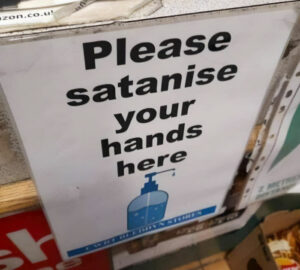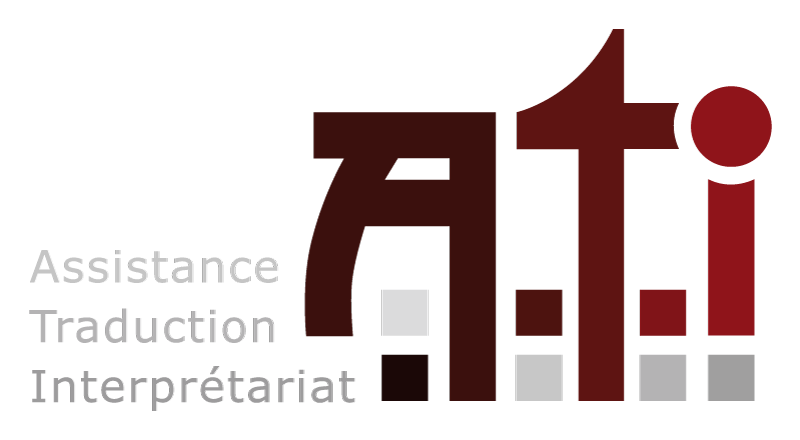
Translating isn’t just about swapping words between languages—it’s about conveying the right message while considering cultural nuances, context, and tone.
Some translation mistakes are harmless, even humorous. But when marketing translations go wrong, they can cause serious damage to a brand’s reputation and lead to major financial losses. Here are five notorious translation blunders that taught companies a costly lesson.
Pepsi in China: “Bring your ancestors back from the dead”
When Pepsi launched its campaign in China, it wanted to energize consumers with the slogan “Come alive with the Pepsi generation”. But the translation took an unexpected turn, becoming “Pepsi brings your ancestors back from the dead”. Given the deep cultural respect for ancestors in China, the message didn’t exactly boost sales—it only caused confusion and awkward laughter.
KFC in China: “Eat your fingers”
KFC’s legendary slogan, “Finger-lickin’ good”, is all about indulgence. But in China, the translation turned into “Eat your fingers”. Not the most appetizing suggestion for a fast-food chain! The company quickly corrected the mistake, but the incident underscored the need for careful localization.
Ford in Belgium: “Every car has a high-quality corpse”
Ford wanted to highlight the durability of its cars with the slogan “Every car has a high-quality body”. However, in Belgium, this was translated into “Every car has a high-quality corpse”. Understandably, this bizarre phrasing unsettled consumers and derailed the ad campaign.
Electrolux: “Nothing Sucks Like an Electrolux”
The Swedish appliance brand Electrolux entered the U.S. market with the slogan “Nothing sucks like an Electrolux”. While intended to emphasize the vacuum’s superior suction power, American audiences saw it differently— “sucks” is slang for “terrible”. Instead of highlighting quality, the ad seemed to insult the product itself.
Clairol in Germany: “Manure Stick”
When Clairol launched its “Mist Stick” curling iron in Germany, the brand overlooked an unfortunate linguistic twist. In German, “Mist” translates to “manure”, meaning that consumers were introduced to the “Manure Stick”. Not exactly the image you want for a beauty product! Unsurprisingly, sales flopped, proving once again that linguistic nuances matter.
How to Steer Clear of Translation Mistakes?
Work with Professional Translators
Experts understand linguistic subtleties and cultural differences, ensuring your message lands the right way.
Get Native Speakers to Review
A native speaker’s instinct for tone and phrasing can prevent embarrassing blunders.
Think Beyond Translation—Localize!
Effective localization means adapting slogans, visuals, and messaging to resonate with the target audience rather than just translating words.
Test Before You Launch
Running translated content by a test audience helps catch potential pitfalls before they turn into full-blown PR disasters.
Translation mistakes can be funny, but for businesses, they’re no joke. A poorly translated slogan can cost a company millions and damage its reputation. Whether you’re expanding into a new market or launching a global campaign, investing in proper localization is always worth it.
Stay Updated on Cultural Shifts
Language evolves, and what worked a decade ago might be outdated or even offensive today. Keeping up with cultural and linguistic changes ensures that your message remains relevant and appropriate.
So, what’s the final word?
Translation errors can be funny, but for businesses, they’re no joke. A poorly translated slogan can cost a company millions and damage its reputation. Whether you’re expanding into a new market or launching a global campaign, investing in proper localization is always worth it.
More than just words, translation is about conveying meaning, emotion, and trust. By working with professionals, testing translations, and staying attuned to cultural sensitivities, businesses can ensure their message resonates with the right audience, in the right way. A well-executed translation can open doors to new markets, while a bad one can close them just as quickly. In the end, investing in proper localization is not just a safeguard against mistakes—it’s a strategic move towards global success.


